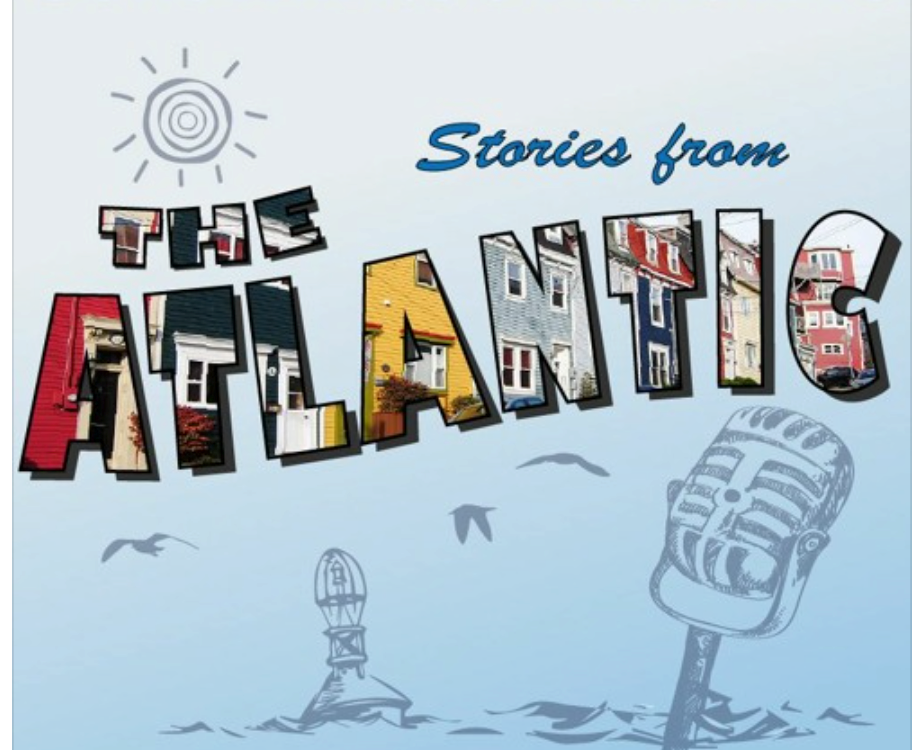Dr. Klinke on Public Understanding of Risk

Coastal Connections Podcast – Episode 3
June 1, 2021
ENGAGED RESEARCH: Grenfell and Lab Institute contribute to Canada in a Changing Climate: National Issues report
July 6, 2021Although produced before the Corona pandemic outbreak, Andreas Klinke’s article entitled “Public Understanding of Risk and Risk Governance” in the Special Issue of the Journal of Risk Research (2021, Volume 21, No. 1, pp. 2–13), honoring Ortwin Renn, offers a newsworthy relevance and sustainable conception concerning the scientific and public understanding of risks, such as SARS-CoV-2, including risk analysis, risk communication and risk governance.
Public understanding of risk and risk governance promotes a non-tendentious and theory-neutral approach designed in a way so that laypersons can become aware of, make sound judgments about and take action in terms of risk. Public understanding refers to the creation of scientific literacy, sagacity, and decisional competence within a broad public. The public understanding encompasses two primary dimensions: knowledge and rationality. They empower the public’s ability to adopt an impartial perspective which is essential to ensure the democratic formation of public opinion and political will. It is argued that the public understanding must be established through the engagement of the public in an interplay with science. The generation and propagation of the public understanding of risk and risk governance thrives through three elements of understanding: epistemic, ontological, and teleological. These elements constituting public understanding can be produced by a tripartite functional differentiation of deliberative production, namely an interplay between scientific, associational and public deliberation within risk governance.




